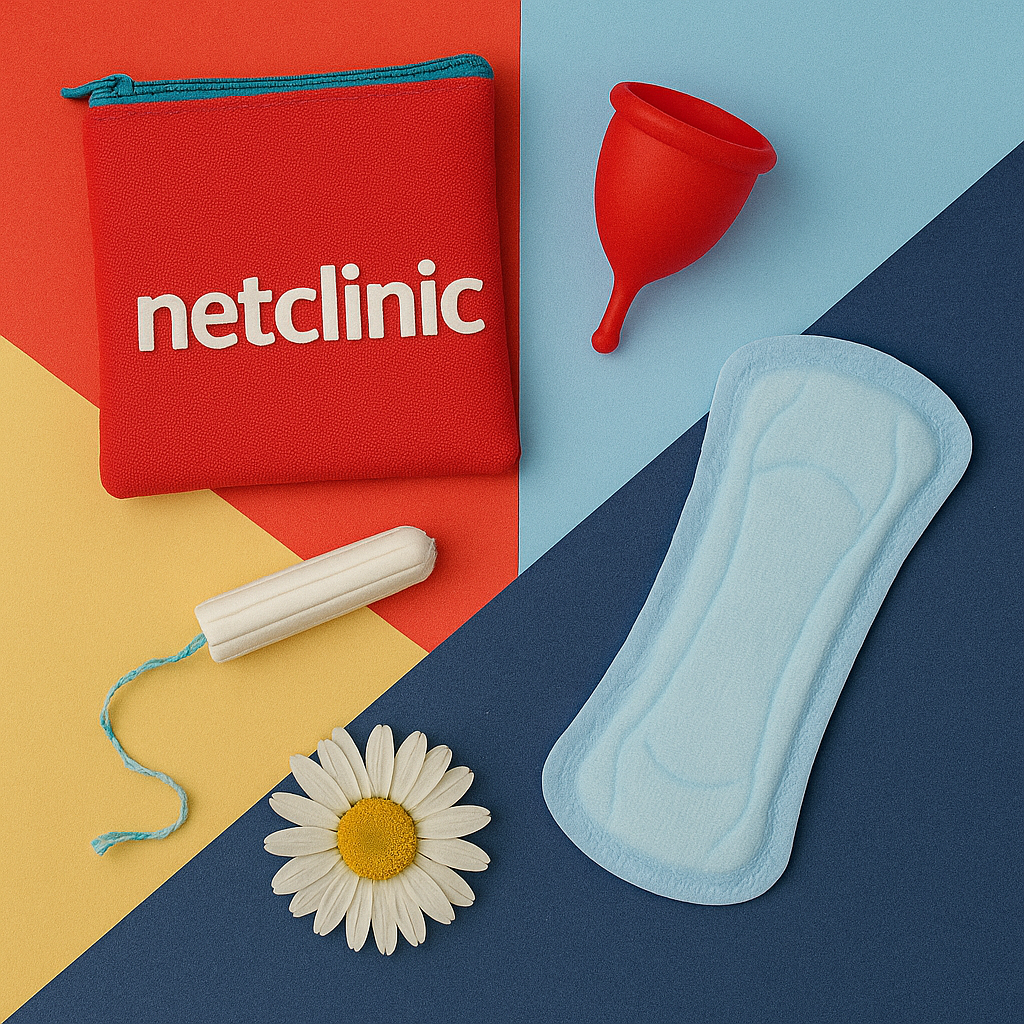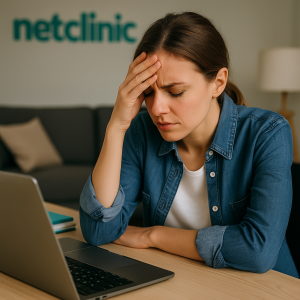Let’s talk about something uncomfortable (but common)
Ever felt that sharp, burning pain when you pee? Or that desperate need to go — again — only for a few drops to come out?
You’re probably dealing with a UTI (urinary tract infection), and you’re definitely not alone.
UTIs are very common, especially in women — but they’re also very treatable if you catch them early.

What exactly is a UTI?
A UTI is an infection in your urinary system — usually in the bladder or urethra. It’s caused by bacteria (often E. coli) that sneak in and multiply.
Common UTI symptoms
🩸 Burning or pain when you urinate
🩸 Feeling like you constantly need to go
🩸 Passing small amounts of urine often
🩸 Urine that’s cloudy, smelly, or has blood
🩸 Lower abdominal pain
🩸 Feeling tired or shaky
Heads up: If you have back pain, chills, or fever — the infection might be in your kidneys. That’s serious and needs urgent care.
What causes UTIs?
🔹 Wiping from back to front (spreads bacteria)
🔹 Not peeing after sex
🔹 Holding in your pee for too long
🔹 Poor hygiene or sweaty underwear
🔹 Not drinking enough water
🔹 Using harsh soaps or douches near the vagina
How to prevent UTIs
✅ Wipe front to back
✅ Pee after sex
✅ Drink plenty of water
✅ Wear cotton underwear and change daily
✅ Avoid scented soaps or intimate washes
✅ Don’t hold your pee in — when you need to go, go!
What if it keeps coming back?
If you get frequent UTIs, talk to your nurse or doctor. You may need:
- A longer course of antibiotics
- A lifestyle check (e.g. sugar levels or hygiene)
- A referral for further testing
Pro tip: Diabetes can increase UTI risk — a check-up can catch issues early.
Do I need antibiotics for a UTI?
Most UTIs do need antibiotics to clear up properly. Don’t just try cranberry juice and hope for the best — especially if symptoms are getting worse.
At Netclinic, you can walk in for a simple UTI consultation:
- A nurse will ask about your symptoms
- You might do a quick urine test
- You’ll get treatment on the spot if needed
- You’ll leave with answers and relief
UTIs are nothing to be embarrassed about. They happen — to women, men, and even kids. The key is knowing the signs, getting checked, and not leaving it too long.
Your health is too important to wait.




